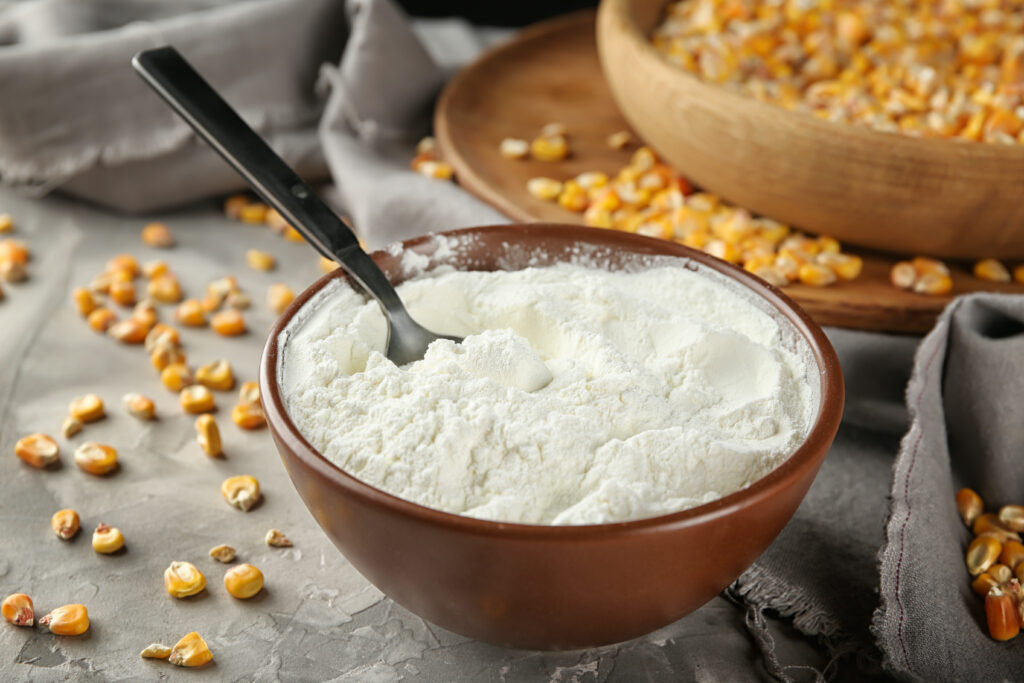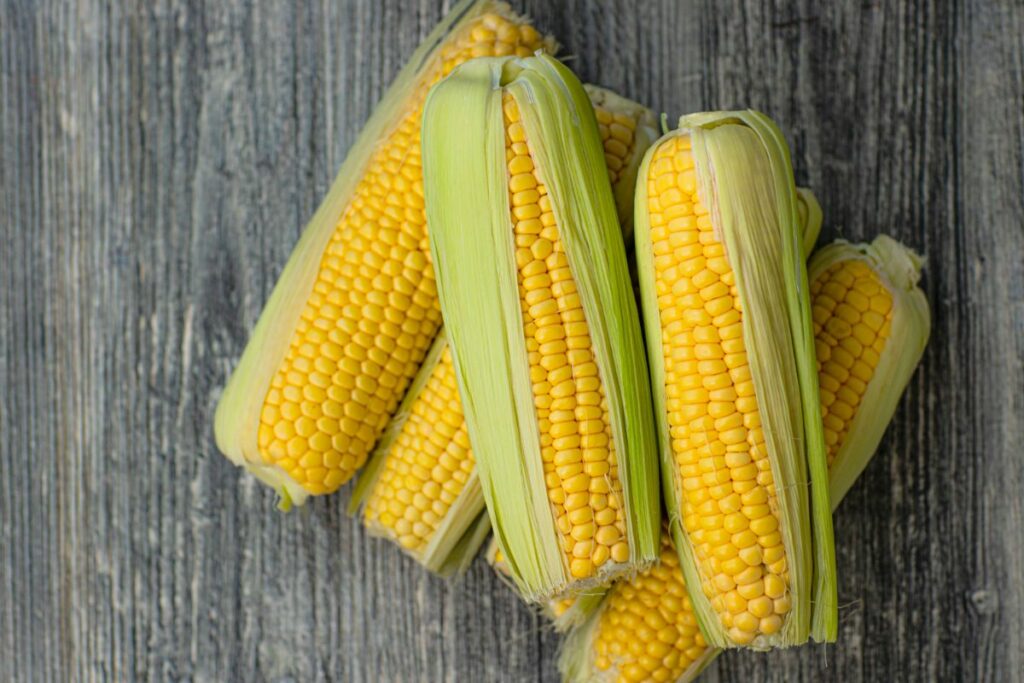Maintaining a gluten-free diet can be tough.
This protein is found in numerous foods, including rye and wheat.
If you suffer from celiac disease, you must avoid foods that contain gluten.
For instance, you may be wondering whether corn is safe to eat as part of a gluten-free diet.
The good news is that corn is gluten-free, so you can consume it even if you have celiac disease.
However, not all corn products are gluten-free. Why is this? Continue reading to find out!
What Is Corn?
The chances are that you eat corn all the time, but you may not even realize what it is.
Corn, also known as maize, is a type of grain. This starchy vegetable has been grown for thousands of years.
Filled with fiber and vitamin C, corn is an outstanding option if you are looking for nutritious food.
Is Corn-Gluten-Free?
Naturally, corn is gluten-free!
While other types of grains, such as wheat, contain this protein, no gluten is found in corn.
Despite this, not every corn product will be appropriate for people with gluten intolerance.
The reason for this is that these foods will contain other ingredients, which may include gluten.
This is particularly true if you are eating seasoned corn or corn that includes a sauce.
To ensure that you don’t accidentally ingest gluten, it’s advised that you double-check the ingredients of any corn products that you purchase.
The packaging of most products will contain a gluten-free label if they are suitable for sufferers of celiac disease.
Not to mention, you should read through the list of ingredients.
It’s best to avoid any corn products that contain wheat, malt, barley, or rye.
Fortunately, these ingredients are usually made bold so that they’re easy to spot.
Is Popcorn Gluten-Free?
Popcorn is a type of corn that makes a delicious snack that comes in a variety of different flavors, such as toffee, salted, chocolate, and cheese.
If you love popcorn, you may be questioning whether or not it’s suitable for people with gluten intolerance. Fortunately, it is usually gluten-free.
On the other hand, some popcorn recipes may involve using ingredients that are not suitable for celiac disease.
Thankfully, there are plenty of gluten-free popcorn brands on the market for you to try!
Most bags of popcorn you find in the supermarket will be suitable. Nonetheless, it’s worth double-checking.
Likewise, it can be worth confirming that popcorn is gluten-free when you purchase it at the movie theatre.
Is Cornstarch Gluten-Free?

Cornstarch is a form of starch that originates from corn grain.
This fine white powder is widely used in cooking. Like corn grain, cornstarch is also gluten-free. It’s made only from corn.
However, impure cornstarch that is combined with other grains could involve gluten.
Is Corn Flour Gluten Free?
Corn flour is incredibly similar to cornstarch.
Like cornstarch, this flour is a powder that derives from corn.
However, it tends to be a little lighter and finer than cornstarch.
As with the aforementioned corn products, corn flour is naturally gluten-free.
Since cross-contamination can make this not the case, we recommend investing in corn flour products that are labeled as gluten-free.
Can Corn Trigger Coeliac Disease?
Corn is unlikely to trigger this condition since it is entirely free from gluten.
If you are experiencing the symptoms of celiac disease after eating corn, another food may be responsible.
Alternatively, you may suffer from a corn allergy.
Though far from common, corn allergies can cause symptoms like itching and dizziness.
What Grains Contain Gluten?
Now that you know that corn doesn’t contain any gluten, you may be wondering why many people wrongly assume that it does.
The truth is that the majority of grains are rich in this protein.
Gluten performs an important role, helping these grains to retain their shape and texture.
Here are the various grains that contain gluten:
- Barley
- Wheat
- Rye
- Triticale
- Semolina
- Couscous
- Emmer
If you are following a gluten-free diet, it’s best to refrain from consuming any of these grains.
So if you see them listed among the ingredients of any corn-based products that you are eating, this food may not be suitable for you.
If you suffer from celiac disease and consume these grains, you may experience unpleasant symptoms like diarrhea.
Is Corn Healthy?
Now you know that you can eat corn whilst avoiding gluten, you may be wondering if you should eat corn.
The answer is yes, you should eat corn!
This is because it’s a healthy grain that’s a fantastic source of fiber. Fiber is essential for dietary health.
Not to mention, it is required for weight maintenance.
Another benefit of corn is that it’s low on the glycemic index. It has a low score of just 52.
As a consequence, corn will be digested slowly.
This means it will not only maintain bodily functions but also eating corn will help you to better control your appetite.
Plus, corn contains plenty of vitamin C. This antioxidant will protect your cells from free radicals, which cause cell damage.
In addition, vitamin C supports the immune system.
Overall, corn is a healthy grain that can be a beneficial addition to your diet.
Frequently Asked Questions
Does Rice Contain Gluten?
Rice is completely fine to consume if you are sensitive to gluten.
All natural forms of rice, inducing white and brown rice, are free from this protein.
Can Vegans Eat Corn?
Yes, vegans can consume corn. Naturally grown from a plant, corn is made without animal products.
What Are The Symptoms Of Coeliac Disease?
Coeliac disease is an auto-immune health condition whereby a person;’s immune system will attack itself whenever gluten is consumed.
Here are just some of the unpleasant symptoms that you can experience with this condition:
- Nausea
- Diarrhea
- Vomiting
- Constipation
- Abdominal pain
Final Thoughts
Because it’s a grain, many people wrongly assume that corn will trigger a gluten intolerance. After all, most grains are rich in this protein.
Luckily, corn is gluten-free. So if you find it difficult to consume gluten, you can continue to eat lots of tasty corn products!








